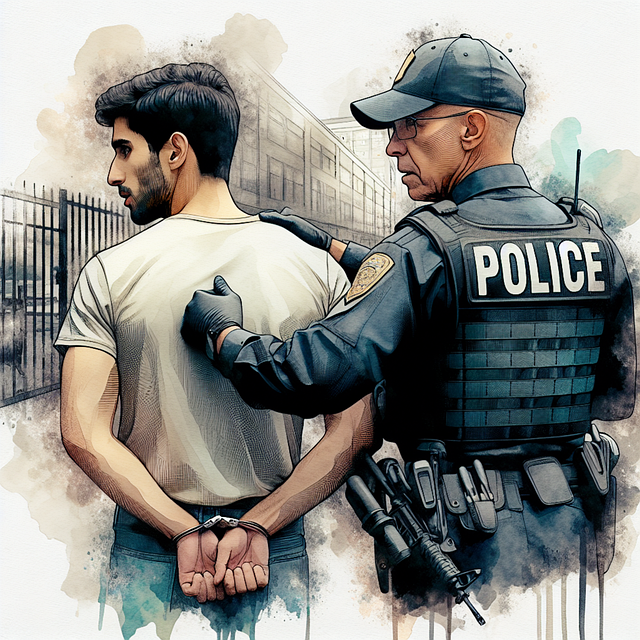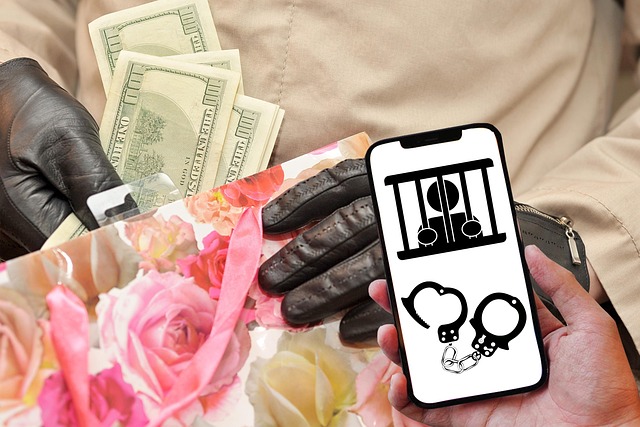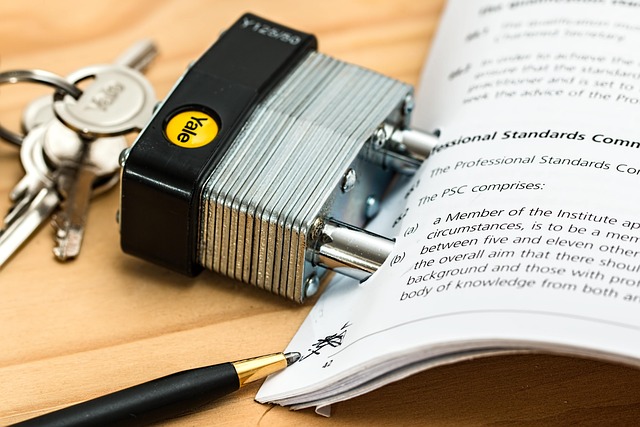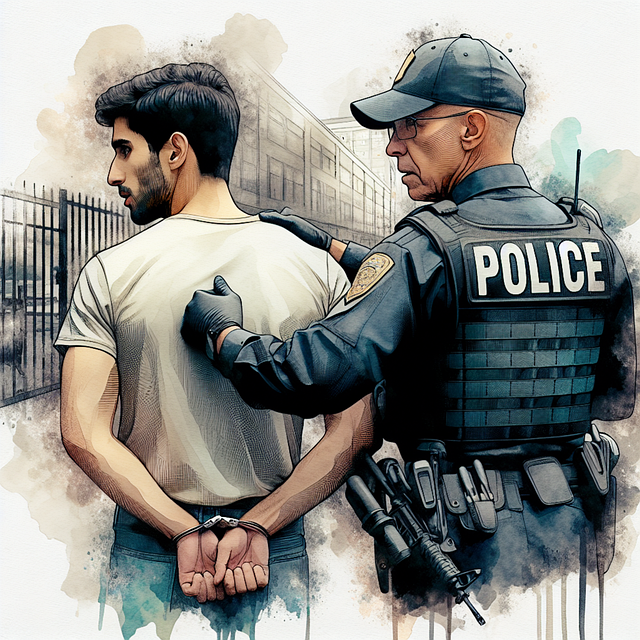Ride-sharing drivers have a heightened duty to safeguard pedestrians' rights during DUI incidents. They must immediately respond, respect pedestrians, and cooperate with law enforcement, adhering to strict legal standards and technology-driven accountability measures to ensure fair treatment and protection for all parties, especially vulnerable users in high-risk situations.
In the dynamic landscape of ride-sharing services, ensuring driver accountability is paramount. This article explores crucial aspects of Ride-Sharing Driver Accountability, focusing on understanding drivers’ responsibilities, protecting pedestrians’ rights during DUI incidents, and the legal framework that safeguards innocent victims. We also delve into the role of technology in enhancing driver oversight and best practices to ensure safety. By examining these key areas, we aim to highlight the multifaceted approach needed to foster a secure environment for all users.
- Understanding Ride-Sharing Driver Responsibilities
- Pedestrians' Rights During DUI Incidents
- Legal Framework: Protecting Innocent Victims
- Role of Technology in Driver Accountability
- Ensuring Safety: Best Practices for Drivers
Understanding Ride-Sharing Driver Responsibilities

Ride-sharing drivers, while providing a convenient and often affordable transportation service, come with unique responsibilities that extend beyond traditional driving duties. These include ensuring passenger safety, adhering to traffic laws, and maintaining a clean driving record. A key aspect of their role is understanding and respecting pedestrians’ rights on the road.
In DUI (Driving Under the Influence) incidents involving ride-sharing drivers, protecting pedestrians’ rights becomes even more critical. Drivers must react promptly and responsibly to ensure the safety of everyone involved, including passengers, by-standers, and themselves. Moreover, they need to be aware of local laws regarding pedestrian protection in such scenarios. Understanding these responsibilities is vital for fostering a safe and reliable ride-sharing environment.
Pedestrians' Rights During DUI Incidents

In the event of a DUI (Driving Under the Influence) incident, pedestrians’ rights and safety become paramount concerns. When a ride-sharing driver is involved in such an incident, it’s crucial to understand that pedestrians have specific legal protections. During any altercations or emergencies, drivers are legally obligated to ensure the well-being of individuals around them, including pedestrians. This includes stopping promptly if necessary and providing assistance.
Pedestrians’ rights extend beyond physical safety; they also encompass the right to be treated fairly and with respect during interactions with ride-sharing drivers. In cases of DUI, this might mean clear communication from drivers about the situation, cooperation with law enforcement, and avoiding any actions that could escalate tensions. Drivers must remember that their actions—or inactions—can significantly impact others’ experiences, especially in potentially dangerous scenarios.
Legal Framework: Protecting Innocent Victims

In many jurisdictions, ride-sharing drivers are held to a higher legal standard compared to traditional drivers, especially regarding accountability and safety measures. This heightened responsibility is particularly crucial when addressing incidents involving pedestrians, especially in cases of drunk driving (DUI). The legal framework surrounding these situations aims to protect innocent victims and ensure justice.
When a ride-sharing driver is involved in a DUI incident that results in harm or death to a pedestrian, the consequences can be severe. Laws often mandate stringent penalties for such offenses, including mandatory sentences and increased fines. Moreover, legal provisions specifically focusing on pedestrians’ rights in DUI incidents have been implemented to safeguard their well-being and ensure they receive adequate compensation and support during the legal process.
Role of Technology in Driver Accountability

The role of technology in enhancing driver accountability is becoming increasingly significant, especially with advancements in ride-sharing platforms. One key aspect is the integration of real-time tracking systems that enable passengers to monitor their driver’s location during the journey. This not only adds an extra layer of safety for passengers but also holds drivers accountable for their actions. Moreover, technology can assist law enforcement agencies by providing digital evidence and data in cases involving DUI (Drunk Driving Under Influence) incidents, thereby better protecting pedestrians’ rights.
Additionally, many ride-sharing apps now incorporate AI-powered verification processes, ensuring that drivers undergo rigorous background checks before they are approved. These technological interventions significantly reduce the risk of irresponsible driving behavior and foster a culture of safety within the industry. By leveraging data analytics and machine learning algorithms, companies can identify patterns and anomalies, promptly addressing any potential issues to ensure a secure ride-sharing experience for all users.
Ensuring Safety: Best Practices for Drivers

In ensuring safety, ride-sharing drivers have a crucial role in upholding the well-being of both themselves and pedestrians. Best practices for drivers include adhering to traffic rules, maintaining their vehicle’s safety features, and being vigilant at all times while on duty. Drivers should avoid any behavior that could compromise safety, such as distracted driving or operating under the influence (DUI).
Moreover, it is important to be aware of pedestrians’ rights in DUI incidents. Drivers must know how to respond responsibly if they witness or are involved in an accident with a pedestrian under the influence. Understanding local laws regarding pedestrian rights and DUI can help drivers navigate such situations effectively, ensuring both their accountability as professionals and the protection of vulnerable road users.
Ride-sharing services have transformed transportation, but with increased convenience comes heightened responsibility. Enhancing driver accountability is crucial to ensuring both passenger safety and pedestrians’ rights, especially during DUI incidents. Through a combination of clear legal frameworks, technological advancements, and best practices, the ride-sharing industry can foster a safer environment for all users. By understanding their roles and adhering to established protocols, drivers, passengers, and regulators alike contribute to minimizing risks and upholding justice, particularly when addressing Pedestrians’ Rights in DUI Incidents.






